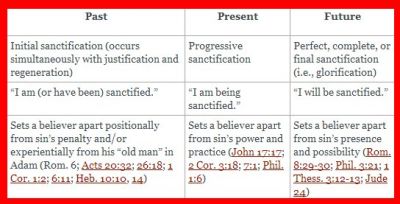 Republished from The Faith Pulpit (March 2002). First posted at SI in 2009.
Republished from The Faith Pulpit (March 2002). First posted at SI in 2009.
(Related audio: 2007 interview with Robert Delnay).
Years ago a few Fundamentalists had occasion to identify with the Keswick movement, also known as the “deeper life,” or “victorious life.” Others have slurred the movement in somewhat the same way that New Evangelicals have slurred the Scofield Reference Bible. The point is worth some notice.
While the movement traces back to the perfectionist movements that in the 1860’s produced Holiness, it went in a somewhat different direction. Credit seems to go to William Boardman, who in the 1860’s was preaching a higher life, and to Pearsall Smith and his wife Hannah Whitehall Smith. Smith held meetings in England in the early 1870’s, making considerable impact. Then in the summer of 1875, Smith badly smudged his reputation and left the ministry. Thereupon Canon T. D. Harfoed-Battersby, vicar of St. John’s church in Keswick, up in the Lake District, not far from the Scottish border, announced a week of meetings in Keswick near his church. The meetings were to be a time for spiritual refreshing and earnest seeking after God, and they began a series which has continued to the present.

 Updated 6/13/14
Updated 6/13/14 Republished from The Faith Pulpit (March 2002). First posted at SI in 2009.
Republished from The Faith Pulpit (March 2002). First posted at SI in 2009.

Discussion